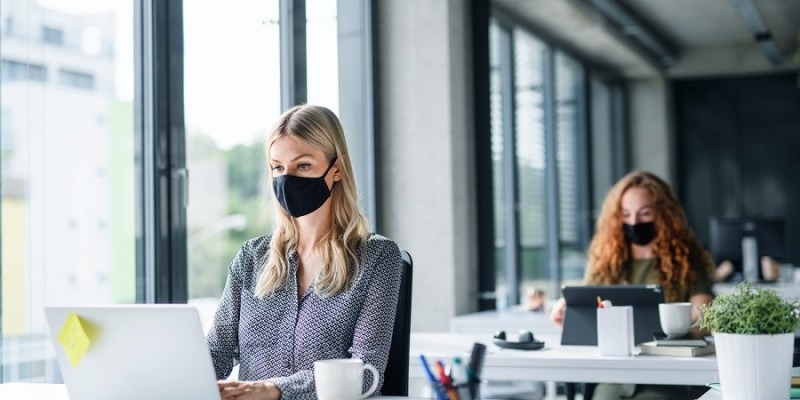
We are already seeing the societal changes that will shape the rest of this decade in the long aftermath of COVID-19. The pandemic is an accelerant; many trends were already in play.
Alex Lock, Head of Employment at international law firm DAC Beachcroft, considers the implications for employers and employees.
Digital disruption: technology has enabled businesses to adapt to the Government’s call to work from home; faith has grown in technology’s ability to support us. It will open the door to more committed experiments with Artificial Intelligence, 3D printing, Virtual and Mixed Reality for example. Greater application will further transform the work people will do, how and where they do it. It will also change how value is created and contribution evaluated. The learning environment has been a phrase present in the last decade, but has not been a dominant approach for the majority of companies. Post COVID businesses will need to give greater though to how they train their employees – not just developing technological skills, but developing soft skills too that can help teams adapt to very different environments.
Trust: pre-Covid there was ample evidence that doing the right thing by your employees and customers created more successful and sustainable organisations. If COVID had happened ten years ago many more companies would not have supported the well-being of employees in the way they are doing now. The sense of being in it together is a powerful force. Despite the future economic challenges, hierarchies will be further weakened by COVID, flatter structures that encourage collaboration will prevail. Pulling through is the sentiment that is helping businesses survive now, but post crises these structures are complex and sensitive eco- systems to manage that require sophisticated management skills.
Multi-stage models: the workplace was beginning to accommodate a much wider variety of age-groups and we were beginning to experience the severance of the link between age and stage. With savings and pensions damaged by COVID, full retirement is likely to be an increasingly unusual concept. COVID is also likely to change the way career success – and success in life – is evaluated. Organisations will need to become much more nimble and responsive to different requests for greater career personalisation, introducing more varied career paths, allowing people to ramp up and ramp down their responsibilities at different times and providing more opportunities for different experiences within the organisation. Leaders will need to signal organisational commitment, leading by example.
Multi-venue working: Monday morning blues can now be viewed with nostalgia, a gentle mood change in the rhythm of the normal working week, when compared to the challenges of COVID. Just as COVID has strengthened the case for flexible working, it has also highlighted the particular value of the office. On-line on-boarding has been one of the challenges for example, only really successful in organisations with a strong and clear culture. The aftermath of COVID may also mean finding a way of continuing at least some of the climate change benefits that reduced travelling has effected and continuing many of the flexible working patterns that are the new norm.
The post COVID workplace is one , I hope, of greater balance, fairness, diversity; one that has a culture and value-system that respects the contribution of all its employees. Just as we are helping employers deal with the immediate and pressing challenges, we are looking forward to helping create workplaces that help employees thrive and find renewed purpose after the trauma of COVID-19.
- Log in to post comments
